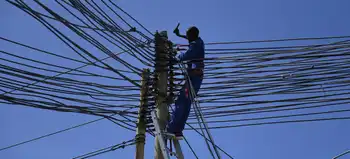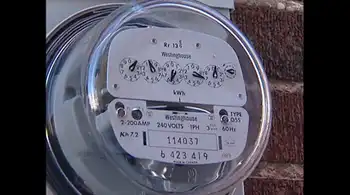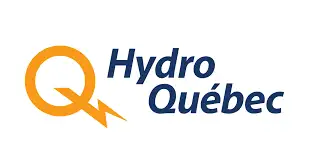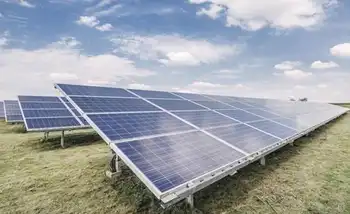Warning: Manitoba Hydro can't service new 'energy intensive' customers
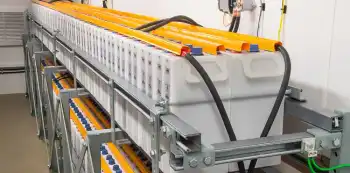
CSA Z463 Electrical Maintenance
Our customized live online or in‑person group training can be delivered to your staff at your location.

- Live Online
- 6 hours Instructor-led
- Group Training Available
Manitoba Hydro capacity constraints challenge clean energy growth as industrial demand, hydrogen projects, EV batteries, and electrification strain the grid; limited surplus, renewables, storage, and transmission bottlenecks hinder new high-load connections.
Key Points
Limited surplus power blocks new energy-intensive loads until added generation and transmission expand Manitoba's grid.
✅ No firm commitments for new energy-intensive industrial customers
✅ Single large load could consume remaining surplus capacity
✅ New renewables need transmission; gas, nuclear face trade-offs
Manitoba Hydro lacks the capacity to provide electricity to any new "energy intensive" industrial customers, the Crown corporation warns in a confidential briefing note that undercuts the idea this province can lure large businesses with an ample supply of clean, green energy, as the need for new power generation looms for the utility.
On July 28, provincial economic development officials unveiled an "energy roadmap" that said Manitoba Hydro must double or triple its generating capacity, as electrical demand could double over the next two decades in order to meet industrial and consumer demand for electricity produced without burning fossil fuels.
Those officials said 18 potential new customers with high energy needs were looking at setting up operations in Manitoba — and warned the province must be careful to choose businesses that provide the greatest economic benefit as well as the lowest environmental impact.
In a briefing note dated Sept. 13, obtained by CBC News, Manitoba Hydro warns it doesn't have enough excess power to hook up any of these new heavy electricity-using customers to the provincial power grid.
There are actually 57 proposals to use large volumes of electricity, Hydro says in the note, including eight projects already in the detailed study phase and nine where the proponents are working on construction agreements.
"Manitoba Hydro is unable to offer firm commitments to prospective customers that may align with Manitoba's energy roadmap and/or provincial economic development objectives," Hydro warns in the note, explaining it is legally obliged to serve all existing customers who need more electricity.
"As such, Manitoba Hydro cannot reserve electric supply for particular projects."
Hydro says in the note its "near-term surplus electricity supply" is so limited amid a Western Canada drought that "a single energy-intensive connection may consume all remaining electrical capacity."
Adding more electrical generating capacity won't be easy, even with new turbine investments underway, and will not happen in time to meet demands from customers looking to set up shop in the province, Hydro warns.
The Crown corporation goes on to say it's grappling with numerous requests from existing and prospective energy-intensive customers, mainly for producing hydrogen, manufacturing electric vehicle batteries and switching from fossil fuels to electricity, such as to use electricity for heat in buildings.
In a statement, Hydro said it wants to ensure Manitobans know the corporation is not running out of power — just the ability to meet the needs of large new customers, and continues to provide clean energy to neighboring provinces today.
"The size of loads looking to come to Manitoba are significantly larger than we typically see, and until additional supply is available, that limits our ability to connect them," Hydro spokesperson Bruce Owen said in a statement.
Adding wind power or battery storage, for example, would require the construction of more transmission lines, and deals such as SaskPower's purchase depend on that interprovincial infrastructure as well.
Natural gas plants are relatively inexpensive to build but do not align with efforts to reduce carbon emissions. Nuclear power plants require at least a decade of lead time to build, and tend to generate local opposition.
Hydro has also ruled out building another hydroelectric dam on the Nelson River, where the Conawapa project was put on hold in 2014.





